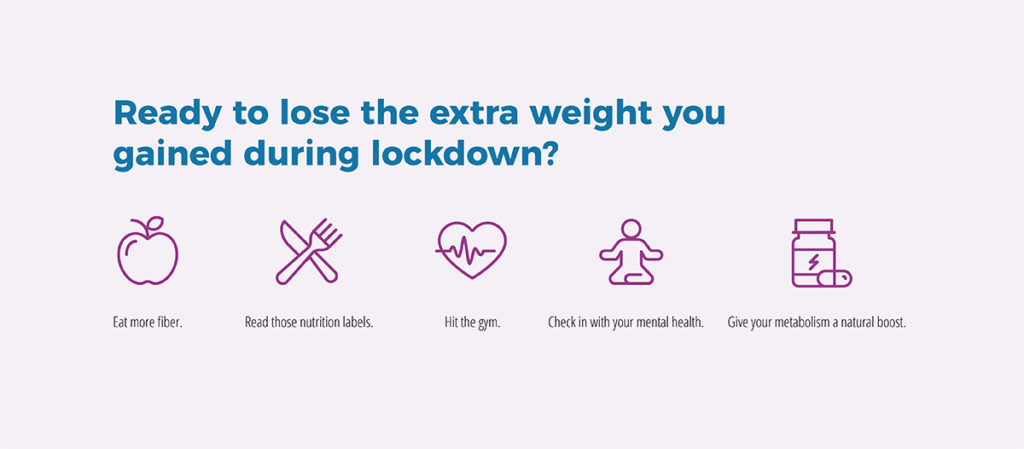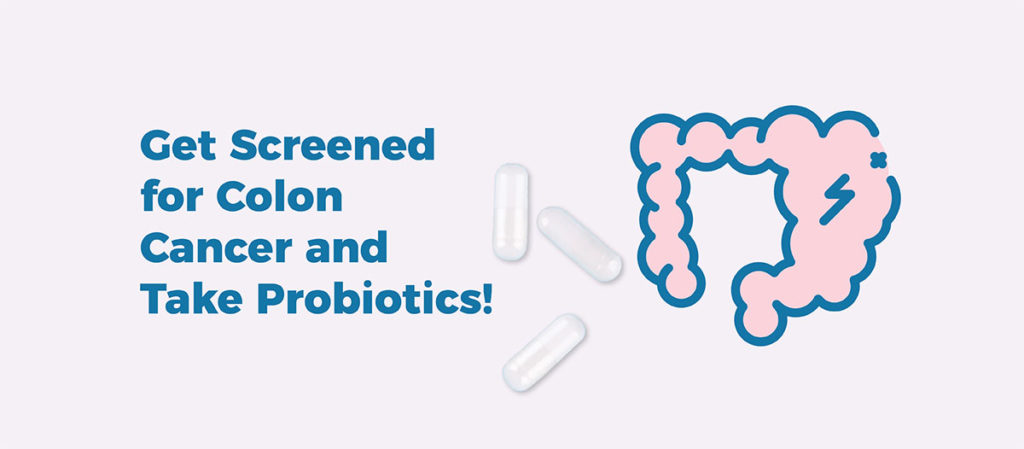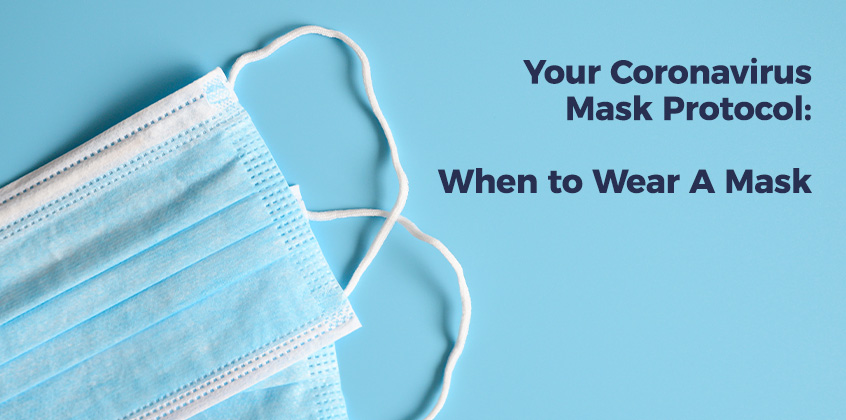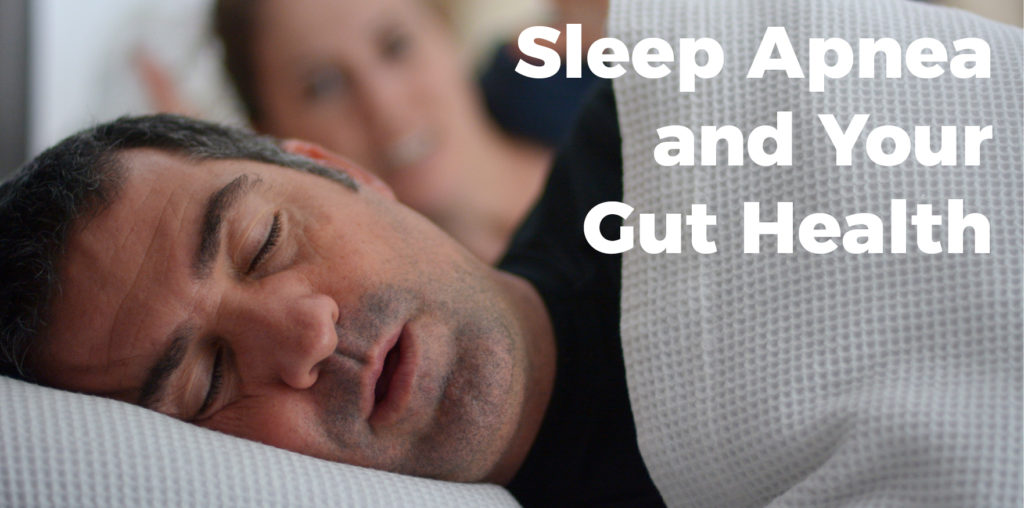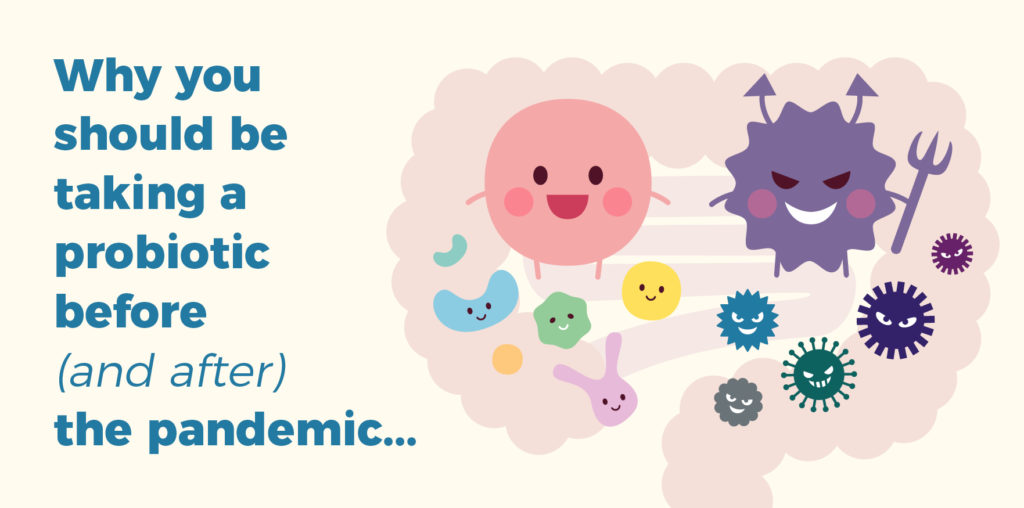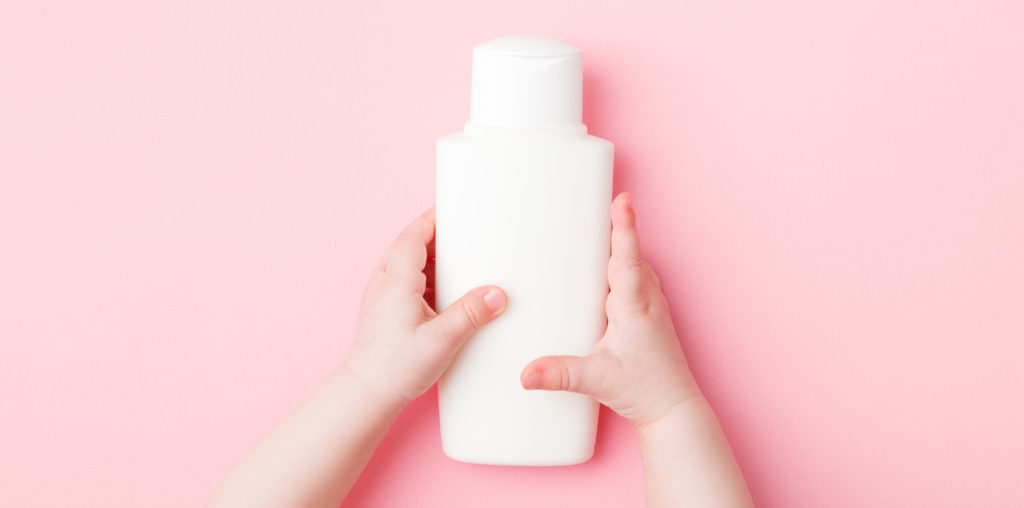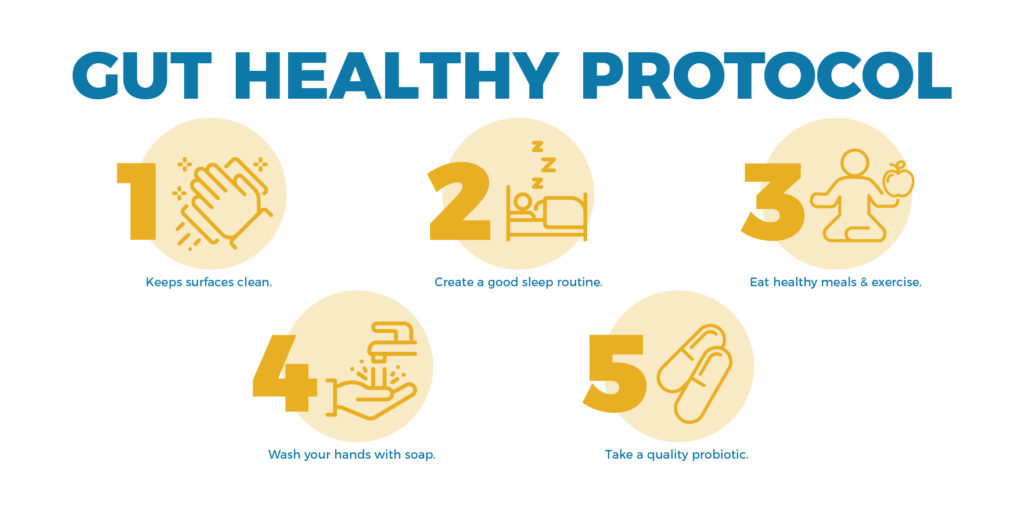Ready To Lose Your Extra COVID-19 Weight?
With vaccines readily available and the number of infections and fatalities declining, Americans are emerging out of COVID-19 hibernation and back into the world yet, feeling a little heavier than usual.
Many of us saw social media memes joking about the quarantine 15 (a play off of the “Freshman 15”, however, this is a clear signal of more serious concerns about what social isolation, working from home, less separation from the couch, and a kitchen full of snacks could do to our collective health.
Unfortunately, this extra COVID-19 weight is real, but the numbers are higher than the quarantine 15 many of us expected.
By The Numbers
The American Psychological Association (APA) reports more than 60 percent of Americans they surveyed experienced changes in weight, with 42 percent admitting to much higher weight gains than they expected.
Although 15 pounds was the median weight gain, the APA found the average boost in weight was nearly double that, at 29 pounds. Americans also reported in disruptions in sleep (too much or too little) and greater concerns about their health after the pandemic.
A smaller study of patients in 37 states found Americans gained about a half-pound every 10 days, amounting more 1.5 pounds each month, according to researchers at the University of California, San Francisco (UCSF).
What’s more, that 1.5-pound weight gain may be an underestimate, says Dr. Gregory Marcus, a UCSF professor of medicine and author of a report appearing in JAMA Network Open.
The combination of COVID-19 weight gains spurred by poor diets, plus generous amounts of stress, sleep issues and isolation (not to mention a lack of exercise) have served up a perfect recipe for worsening the existing problems we have with another health epidemic: Obesity.
Your COVID-19 Weight Loss Plan
The good news: Despite these gloomy numbers, here are four very simple steps right now to jumpstart your COVID-19 weight loss plan.
- It’s time to diversify that Western diet chock full of processed foods by eating a more nutrient-dense menu full of fruits, lean meats (easy on the red meat) and foods rich in dietary fiber.
- Pay closer attention to nutritional labels of the foods you eat, and be careful to not overdo it on products like sugar substitutes like stevia.
- Now, that gyms are opening up again, you have no excuse not to get more active with exercise. Even taking aside a few minutes each day for some kind of easy movement, like taking a walk or doing tai chi, makes a difference.
- Are you setting aside a few minutes for some personal time to destress at the end of the day? Neglecting your mental health can create bigger problems with anxiety that can become more challenging if left untreated.
By now, you’ve probably noticed a strong gut health connection in this COVID-19 weight loss plan, and that’s critical, especially for your immune health.
Even with this simple plan, losing that extra COVID-19 weight can still be difficult. That’s why we formulated EndoMune Metabolic Rescue to give your weight loss plan a healthy, natural boost.
EndoMune Metabolic Rescue contains a proven blend of Bifidobacterium lactis and the prebiotic XOS (Xylooligosaccharides) that stimulates the release of hormones in your gut and promotes a greater sense of fullness.
With a nutritious diet, exercise and better stress management in place, EndoMune Metabolic Rescue can help you get your quarantine 15 weight loss plan on track!
Resources
Ready To Lose Your Extra COVID-19 Weight? Read More »

